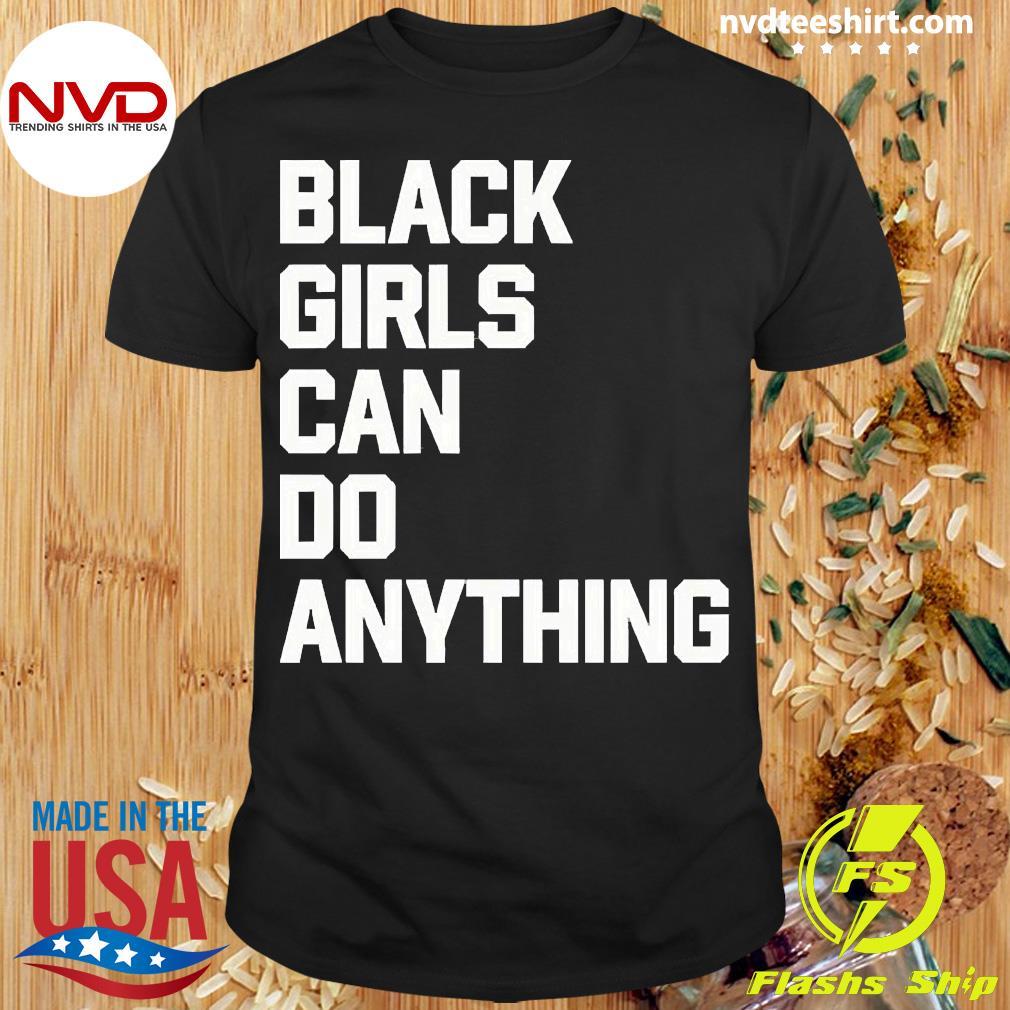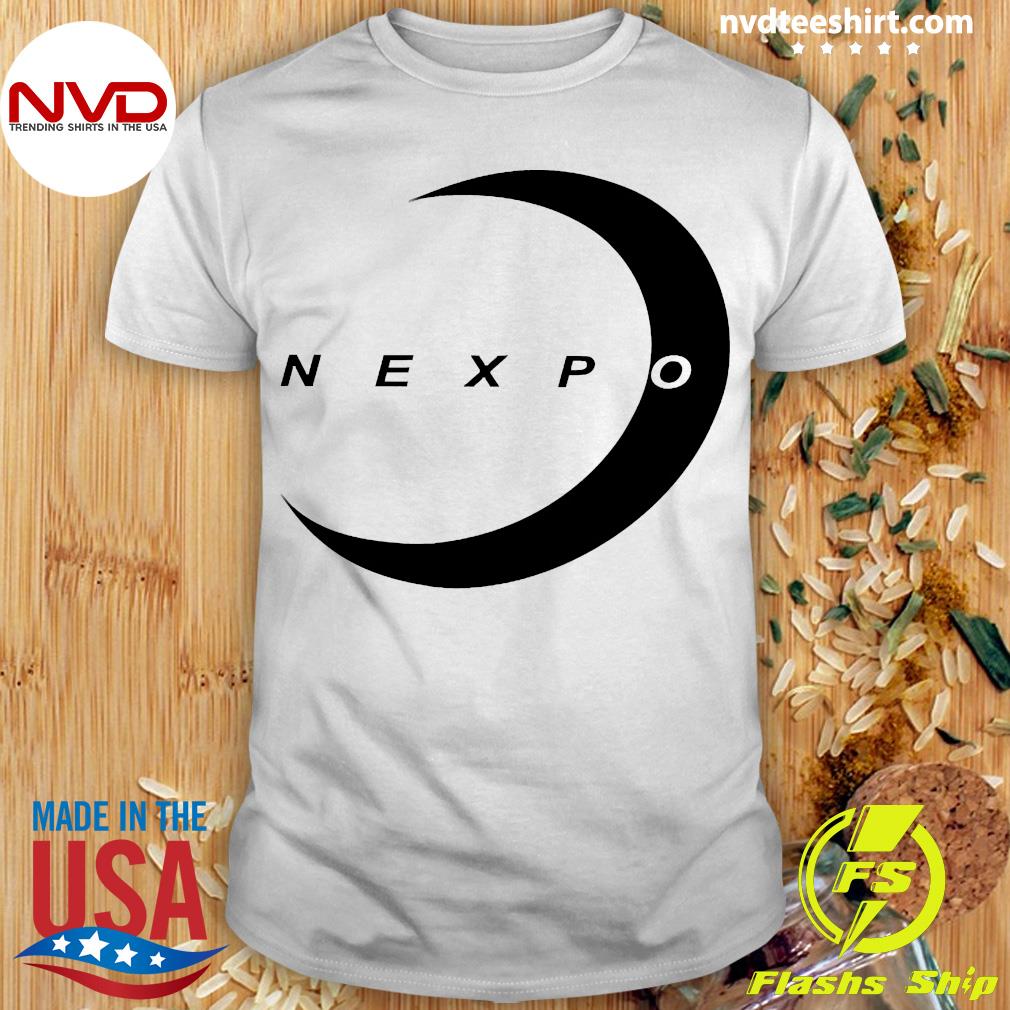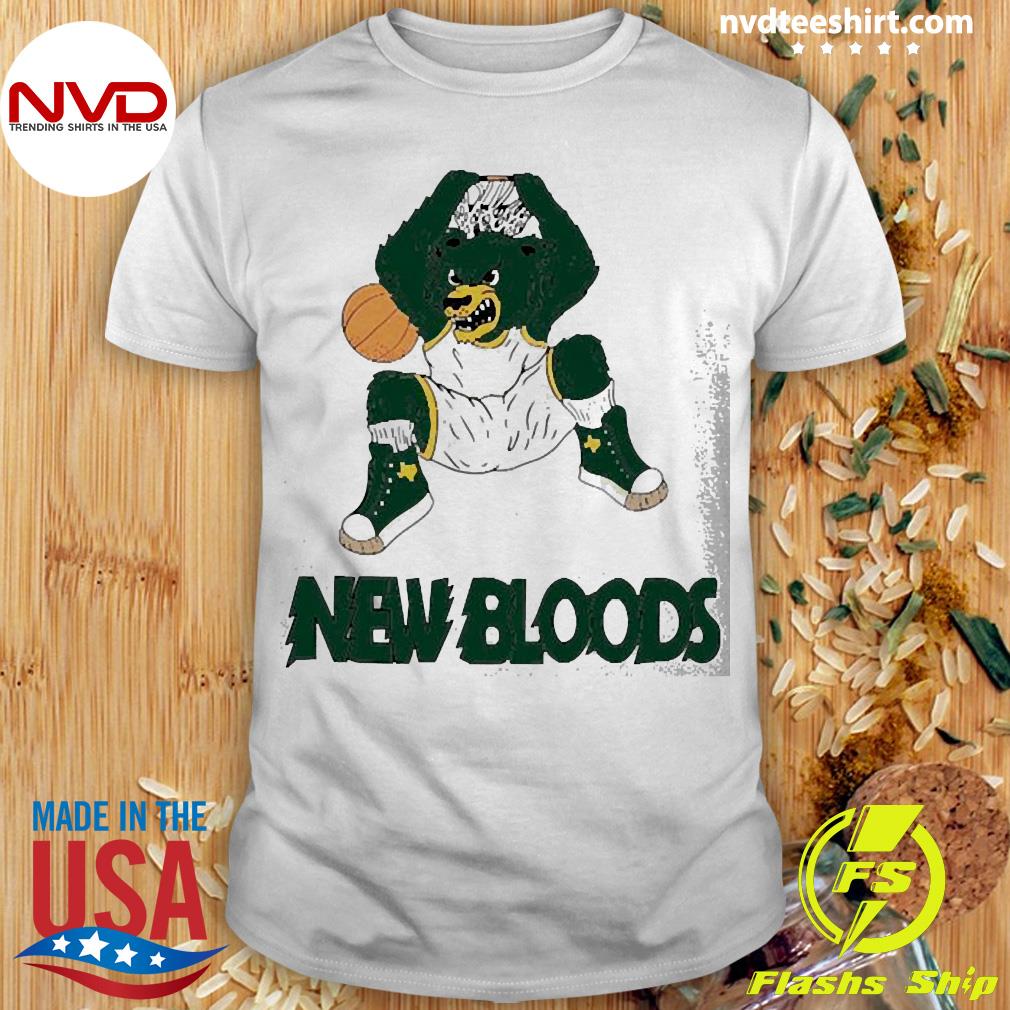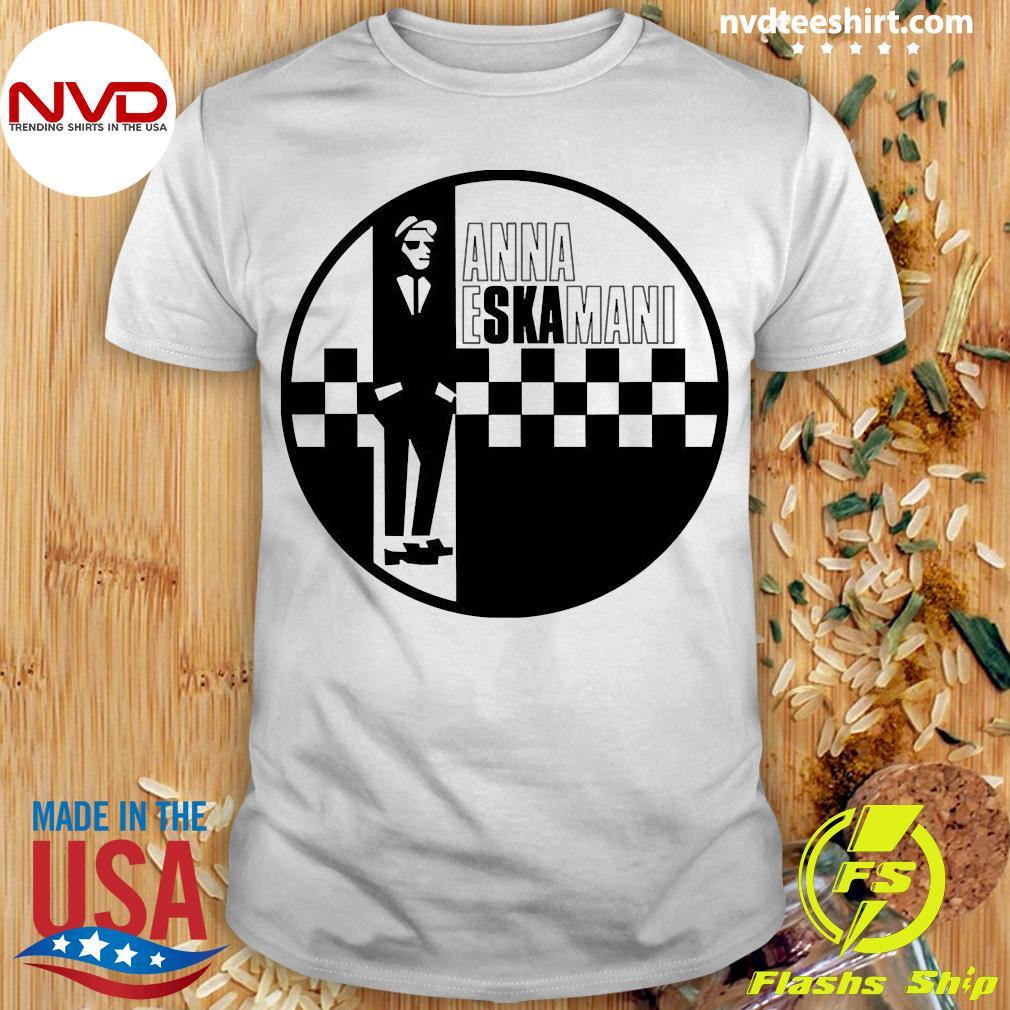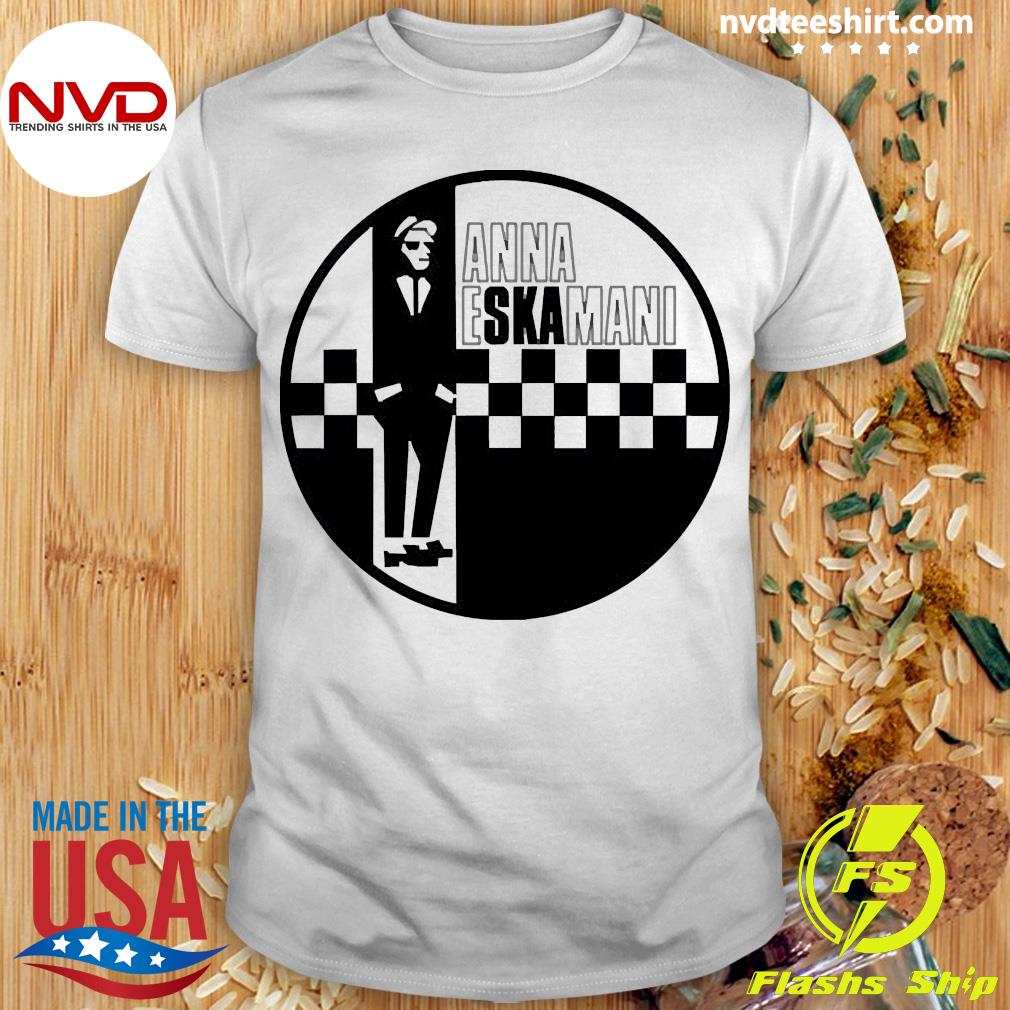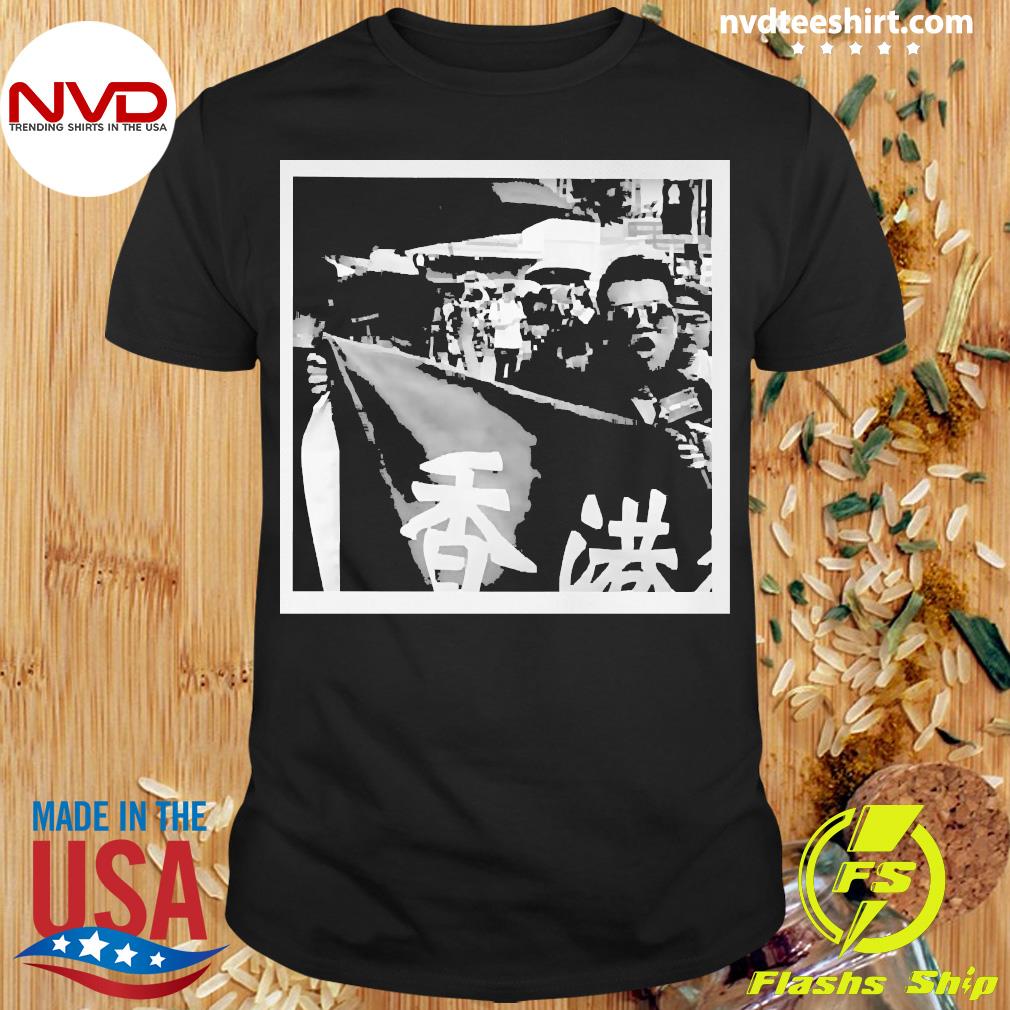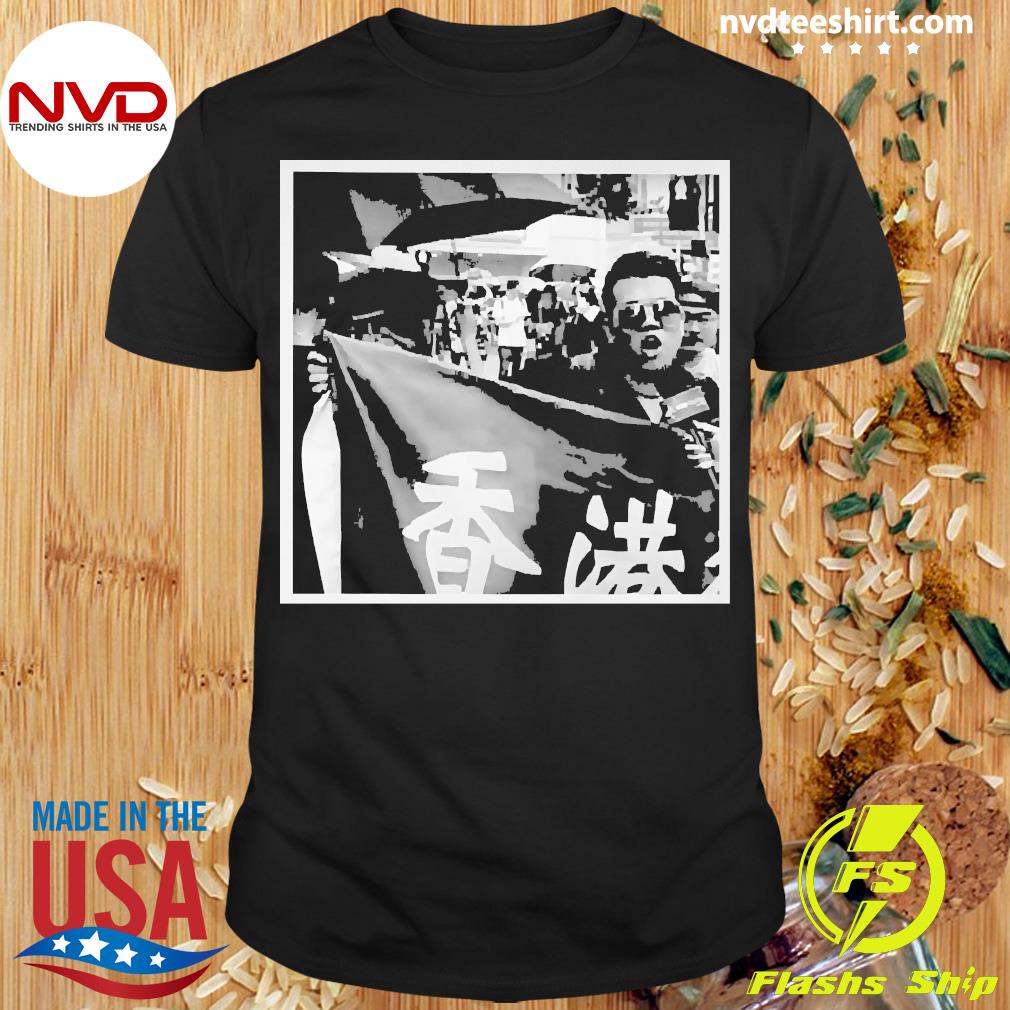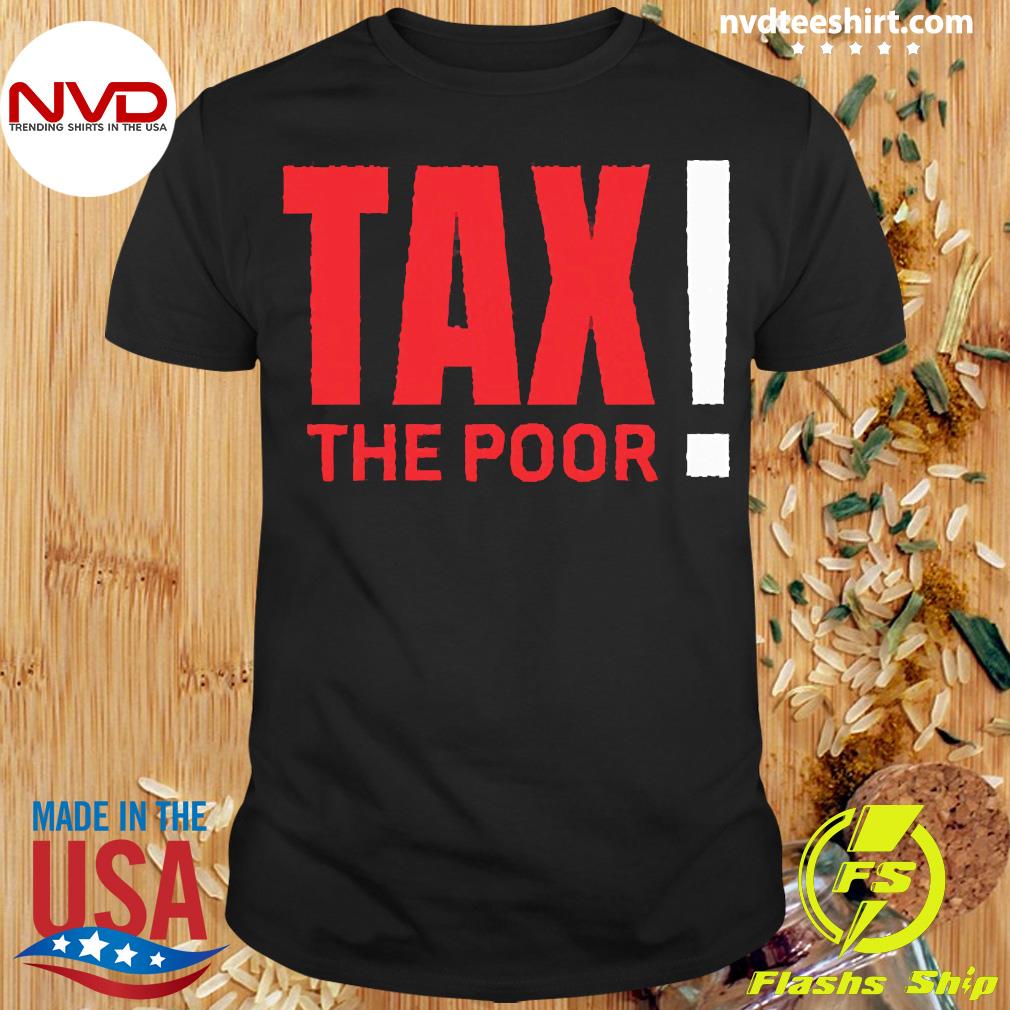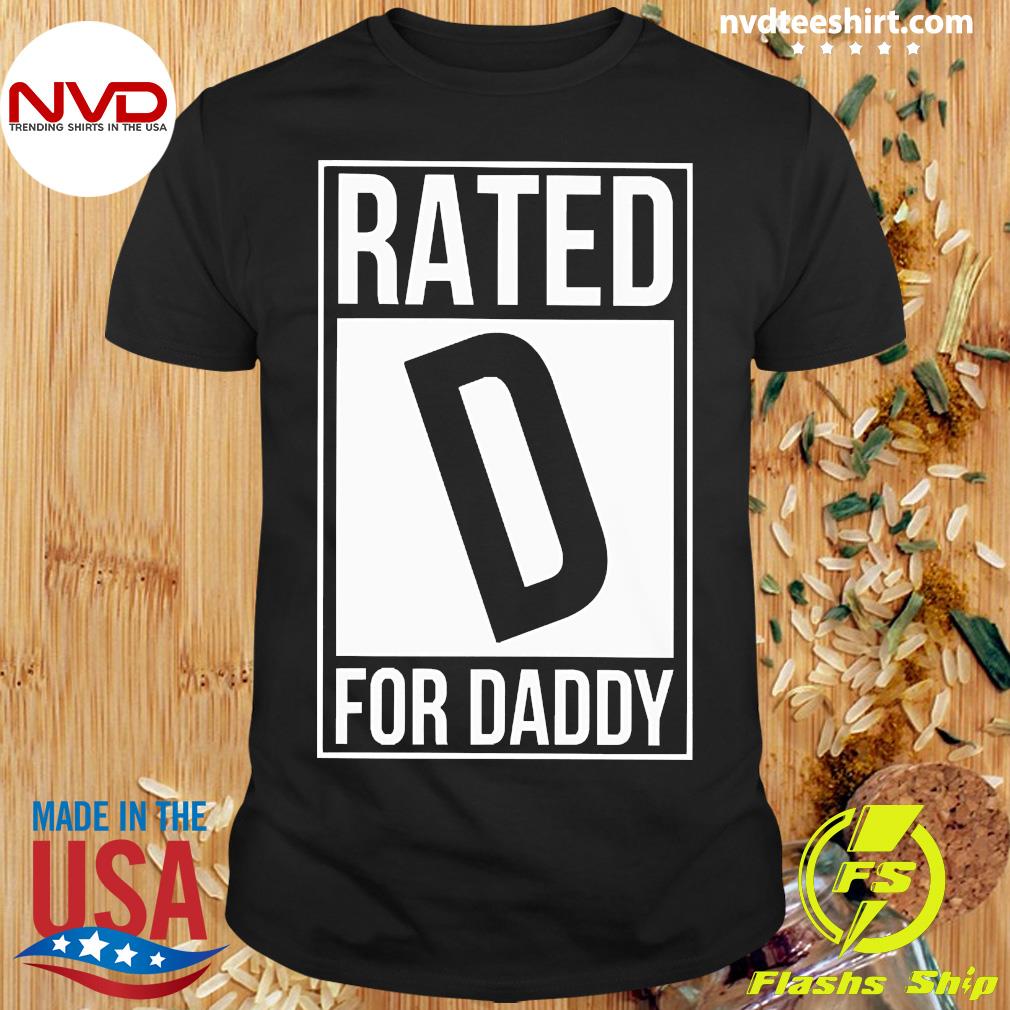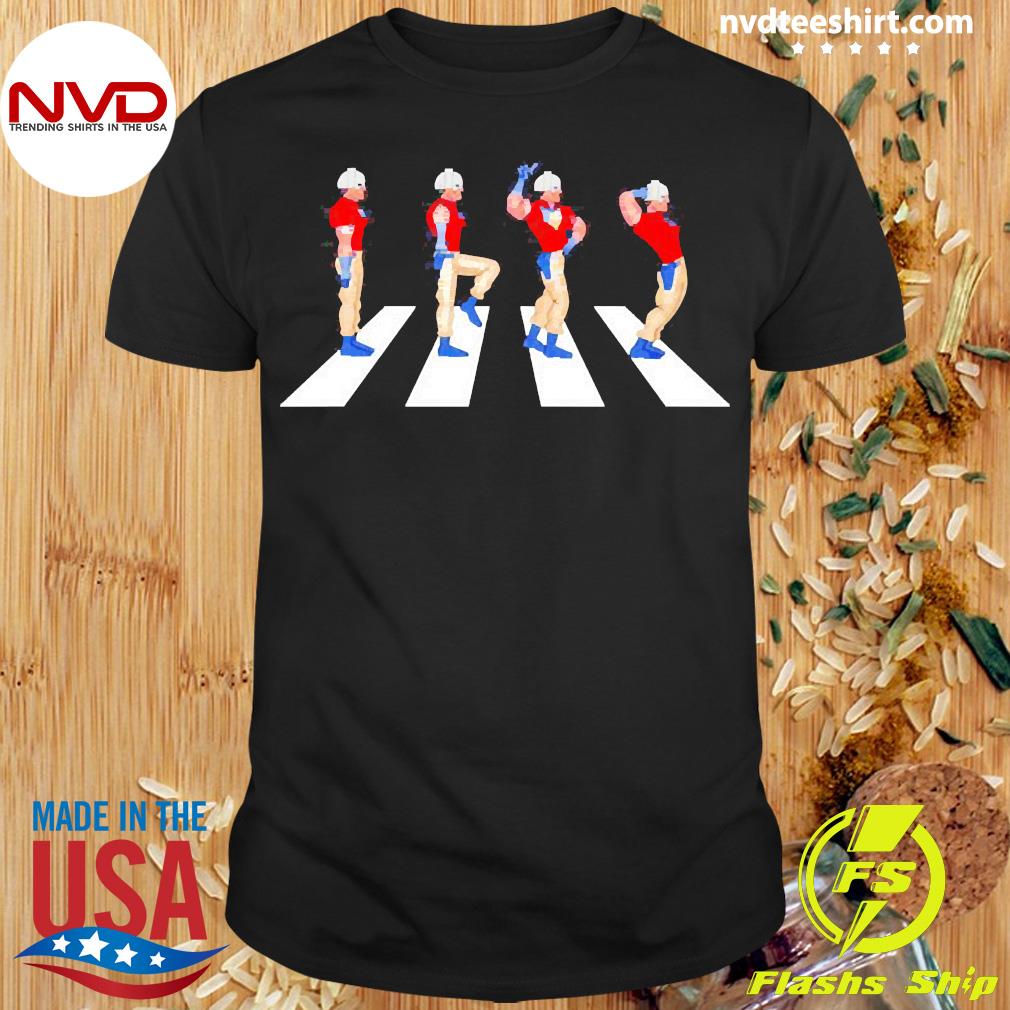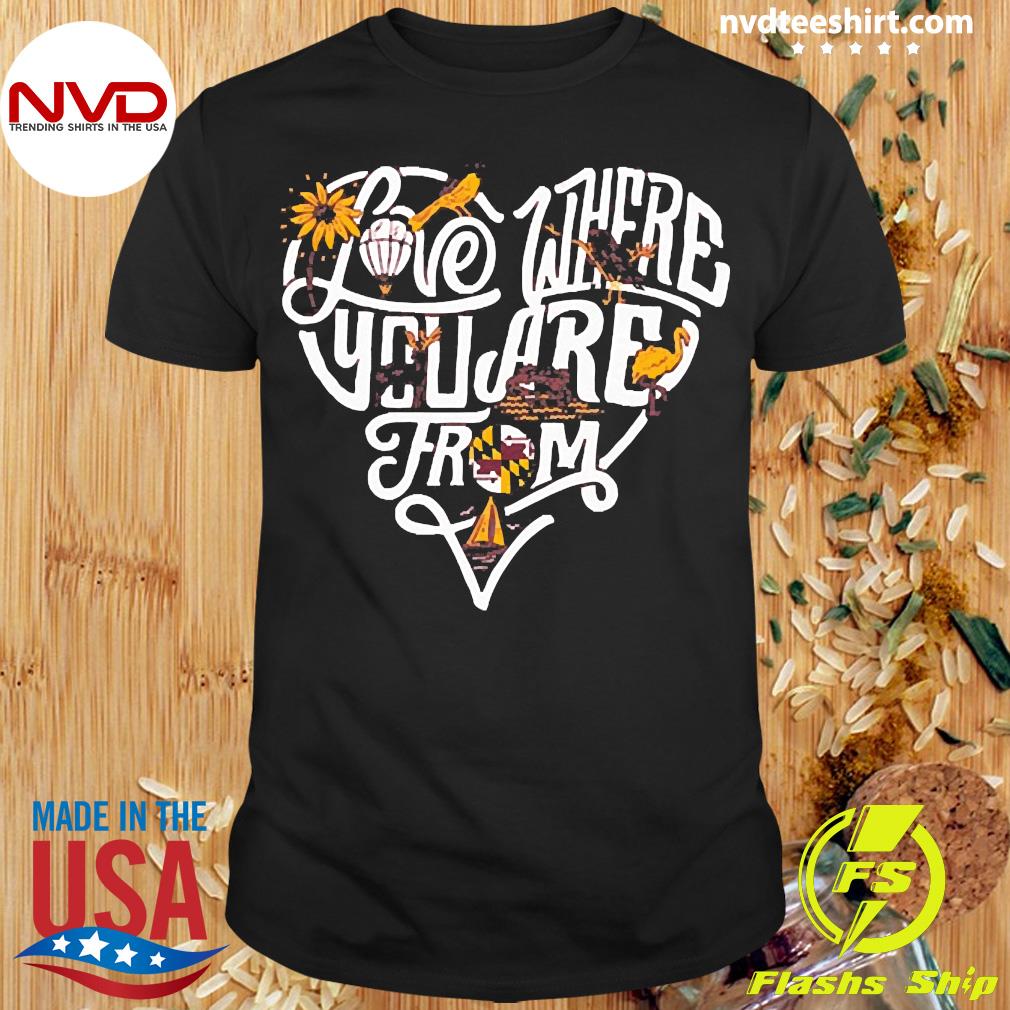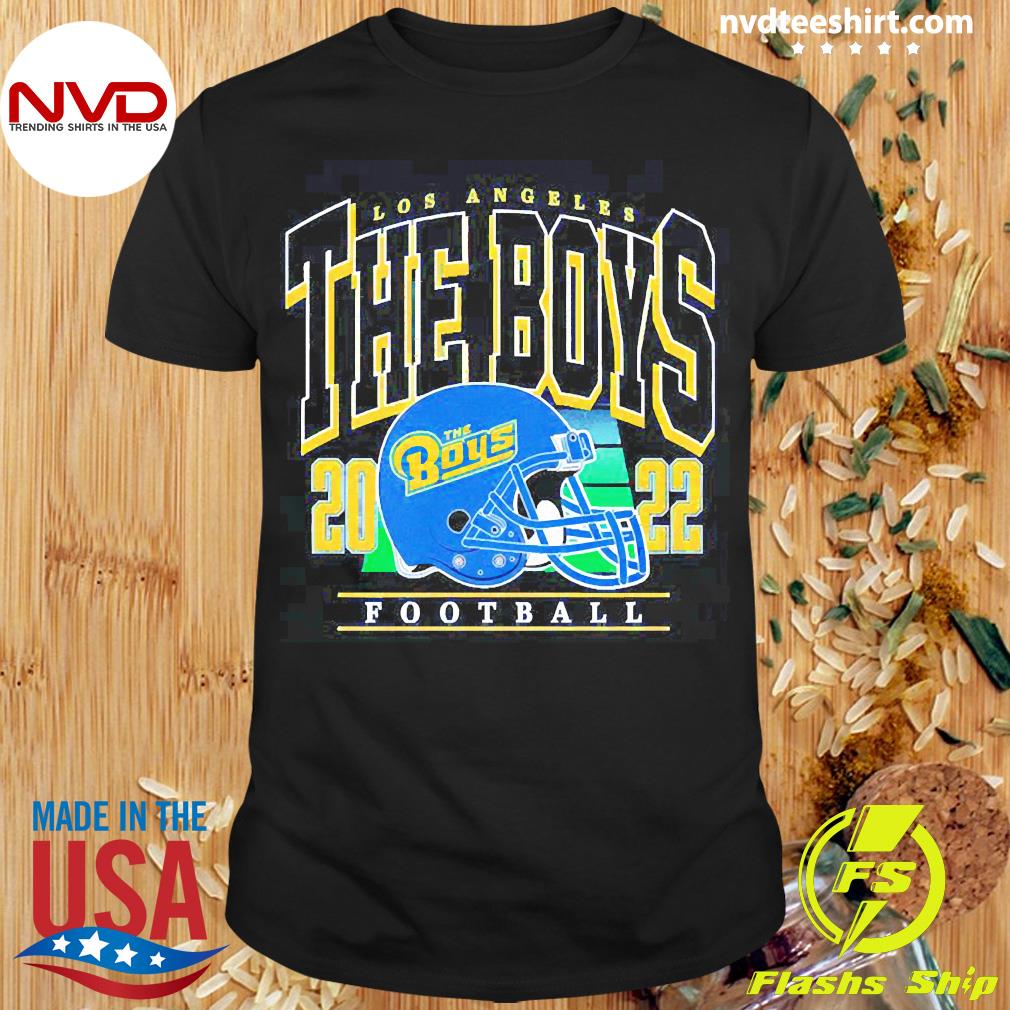Los Angeles The Boys 2022 Football Shirt
Los Angeles The Boys 2022 Football Shirt, Hoodie, Longsleeve tee, And Sweater
Los Angeles The Boys 2022 Football Shirt! Think of all the t-shirts you've owned in your life. There are things you love: the perfect white shirt, maybe a vintage t-shirt, the one you “borrowed” from an ex and couldn’t break up with. Then there's the stuff you didn't exactly choose but that happened to you: family reunion tees, bachelorette tees (or their ironic cousin: the shirt) tees. has a bad groom sticker on the front), and yellow highlighter volunteer tees. This type of clothing tends to sit in the back of your closet, or if you're more organized, go straight to the Goodwill pile or the trash can. Depending on where you live, people who come to Goodwill may be purchased by a second owner, or they may be loaded into 100-pound bales of used t-shirts that are disposed of at facilities across the country. country. If you live in New York, they could end up in a New Jersey parcel, picked up by Elise McMahon, a furniture designer based in Hudson, New York. McMahon, the founder of studio LikeMindedObjects, is well aware of the overabundance of t-shirts in the US.
She specializes in creating high-value items in August 2020, she developed a line of throw pillows made from fast fashion textiles, which are then shipped to New York City from Hudson in climate-neutral scooter, Apollonia - and accordingly studied the recycling system in the United States, as well as this second-hand clothing store. Los Angeles The Boys 2022 Football Shirt! Many donated garments are shipped overseas. A destination in Ghana where “novel t-shirts make up 25% of the volume is flooding the secondhand clothing market there,” says McMahon, citing research by the OR Foundation. “That amounts to 15 million t-shirts a month, and 80 percent of them are burned, dumped in the ocean, or dumped in landfills.” It's not just Ghana. In November, photos of landfills filled with textile waste in Chile's Atacama desert went viral. Al Jazeera reports that over the course of a year, 59,000 tons of fast fashion weighing the same as about 19 Volkswagen Beetles docked at the port of Iquique in the Alto Hospicio free zone in northern Chile, of which 39,000 tons ended up in the dump.


